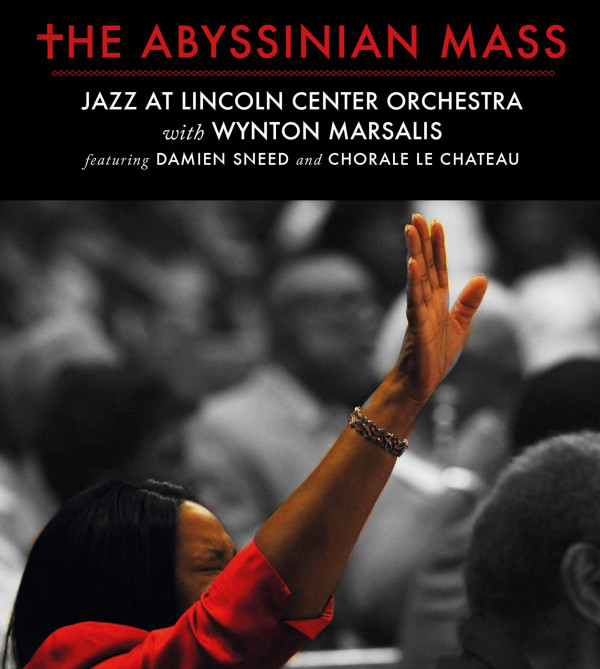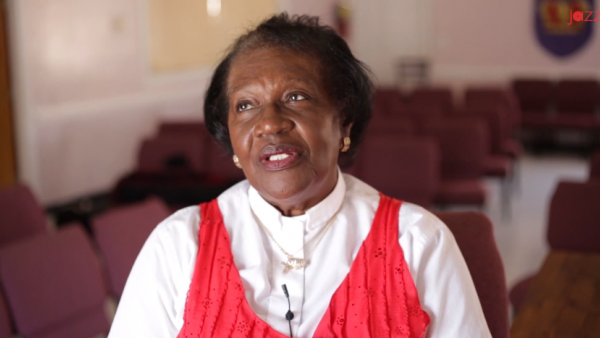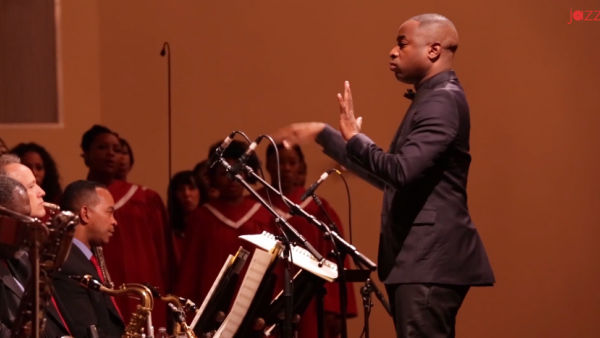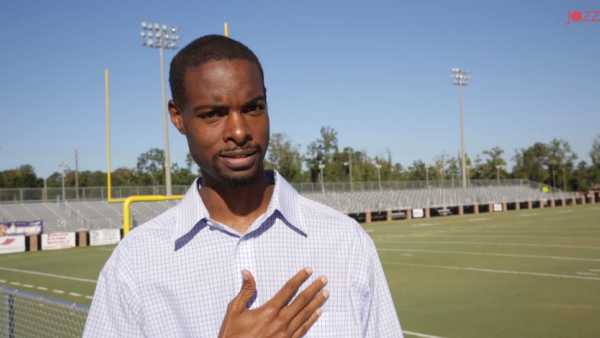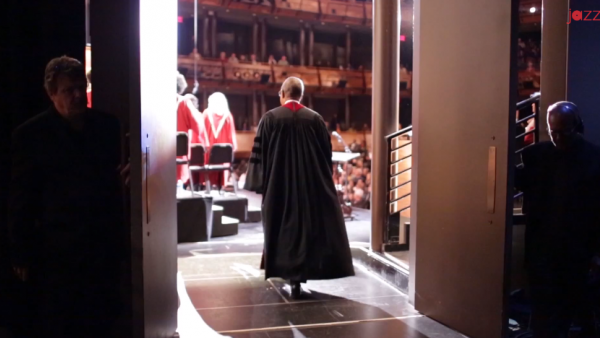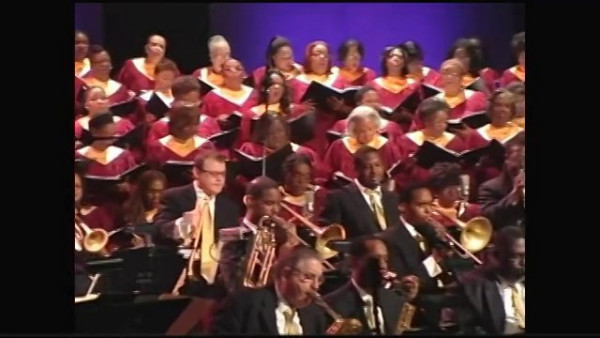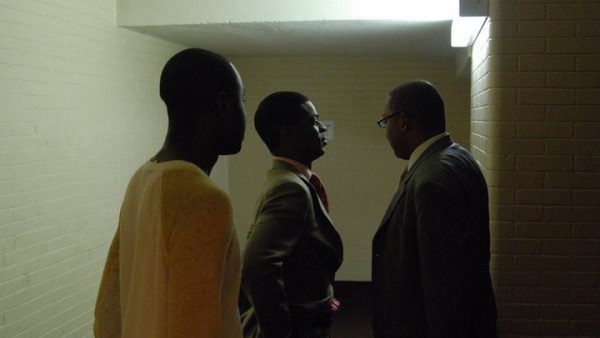Marsalis Mass Honors Harlem Church
A young institution pays tribute to a venerable one with Wynton Marsalis’s “Abyssinian 200: A Celebration.” It was written for the Jazz at Lincoln Center Orchestra, founded in 1988, in honor of the 200th anniversary of the Abyssinian Baptist Church, a bulwark of African-American New York City. The orchestra introduced the work last week at its own Rose Theater.
It’s a jazz Mass with prayers, gospel anthems and a sermon at its center by the church’s pastor, the Rev. Calvin O. Butts III. “Tonight this house of Jazz at Lincoln Center is transformed into the house of God,” he preached on Friday.
Mr. Marsalis has been in this realm before. Back in 1992, he composed “In This House, on This Morning,” another gospel Mass setting, for his septet. But “Abyssinian 200” has larger forces: the full big band of the Jazz at Lincoln Center Orchestra and more than 100 singers in the Abyssinian Baptist Church Bicentennial Choir. In a nod to the Sacred Concert by Duke Ellington, one of Mr. Marsalis’s touchstones, there was also a tap dancer, Jared Grimes.
“Abyssinian 200” is a miscellany, juggling all of Mr. Marsalis’s prerogatives as a composer. (He also wrote the text, reaching into gospel rhetoric.) Mr. Marsalis, who knows harmony and rhythm the way a grandmaster knows chess, savors all the historical allusions and virtuosic convolutions that his orchestra can execute. He also understands the participatory side of gospel: the call-and-response and the potential singalongs that give churchgoers melodies carrying messages to remember.
Many parts of “Abyssinian 200” resemble Mr. Marsalis’s secular compositions. It uses modernist variants of New Orleans dirges and struts, the modal excursions of hard-bop and the Ellington big-band legacies of brassy, section-against-section byplay and sumptuously harmonized ballads.
The “Call to Worship” sets out a tremolo drone chord on piano, bursts of tambourine, close-harmony horns and high-note trumpet improvisations that hint at both Miles Davis’s “Sketches of Spain” and Islamic calls to prayer. The Recessional, “The Glory Train,” revisits a big-band subgenre, the train song, with an accelerating click-clack beat and saxophones wailing like train whistles. The closing “Amen” isn’t a hand-clapping gospel finale, but a tolling, modal, Afro-jazz waltz, mournful and resolute.
Other parts give the choir joyful, straightforward gospel melodies with a tambourine-shaking beat. As in gospel services, sterling soloists emerge briefly from the choir, like Nicole Phifer, who sang the Pastoral Prayer — a minor-key tune that would have been at home in an old New Orleans cabaret — with gutsy conviction. Mr. Marsalis added musicianly twists to the clear-cut melodies: sometimes with bluesy horns answering the singers, sometimes with layers of convoluted counterpoint from the full band.
A traditional gospel service isn’t a concert. It’s a participatory and utilitarian ceremony that provides comfort, advice, release and uplift to sustain a believer through the week. “Abyssinian 200” doesn’t offer that same experience, nor should it; it’s an elaborate concert piece that traverses jazz history, from spirituals to hard-bop. Mr. Butts’s sermon was diplomatically ecumenical, proposing that prayer can unify everyone (atheists included), and he was facing a concert audience. Instead of turning Rose Theater into a house of God, Friday’s performance turned the sermon into an aesthetic experience: a matter of structured argument-building, of oratorical rhythms, of rising and falling cadences that aren’t so different from an eloquent jazz solo. The effect may be different when “Abyssinian 200: A Celebration” is performed in Harlem on Saturday at the Abyssinian Baptist Church itself.
by Jon Pareles
Source: New York Times

